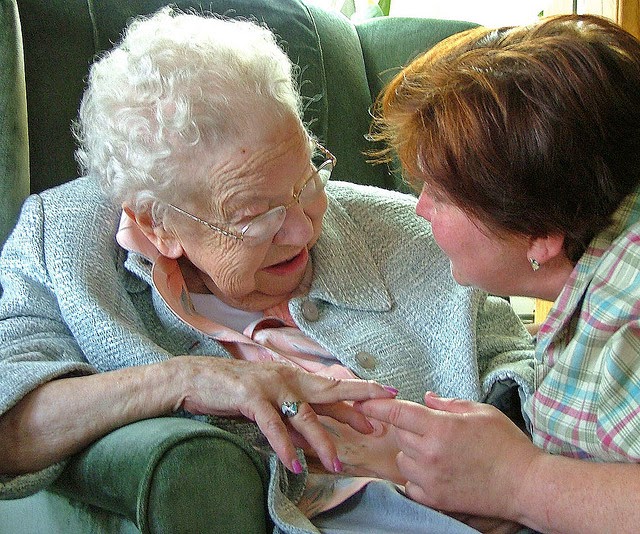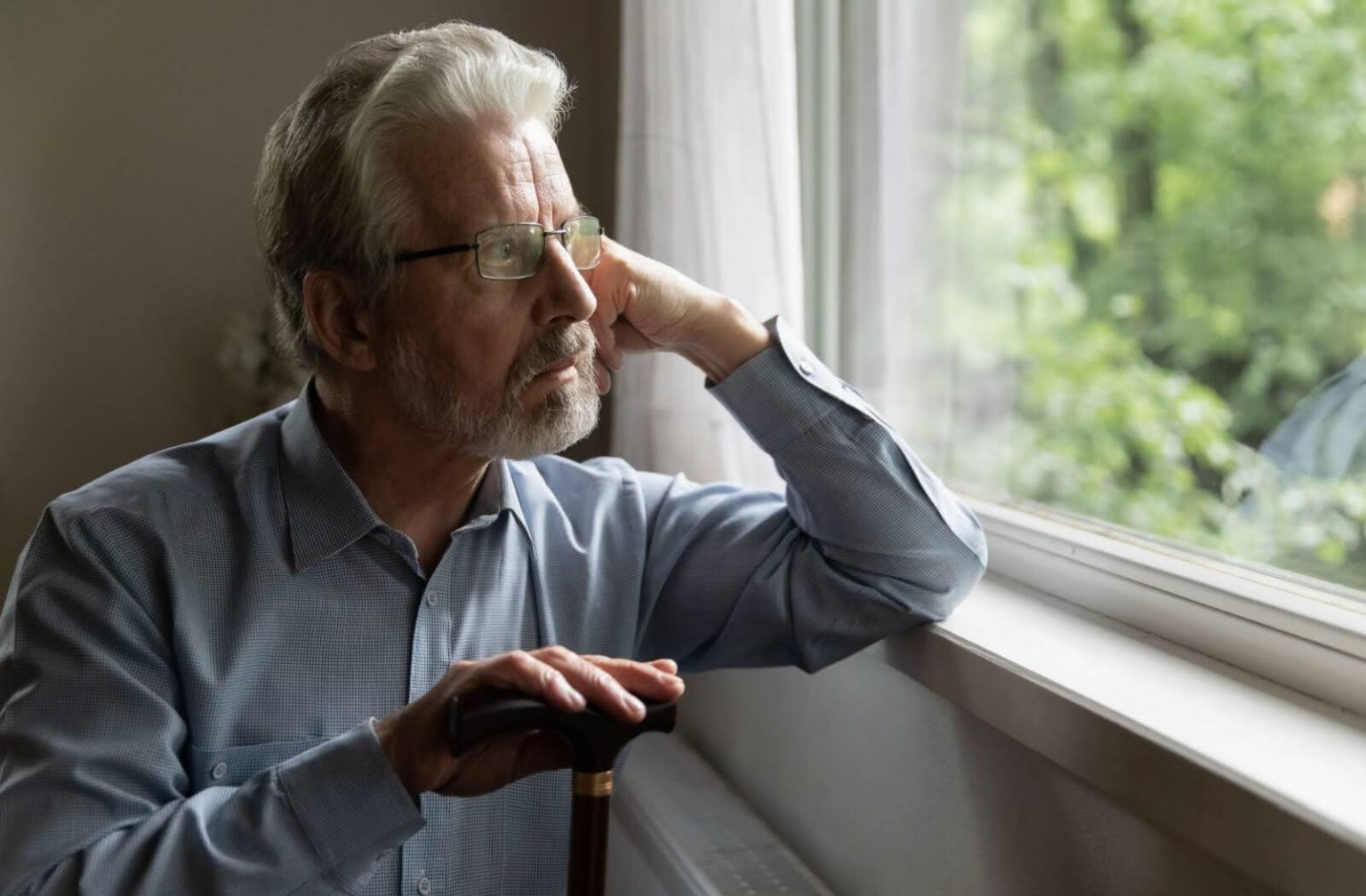Paying Attention to the Quiet Signals of Aging: When Seniors May Need Extra Support
Aging often comes with subtle changes that can easily go unnoticed. These shifts aren’t meant to alarm, but rather to highlight the importance of staying attentive to the needs of older adults. Changes in mood, behavior, energy levels, or appearance aren’t always “just part of getting older.” Sometimes, they are gentle signals asking for support, care, and understanding.
Catching these early signs can make a profound difference, ensuring a later life filled with comfort, dignity, and well-being rather than preventable struggles. Observing small shifts can reveal underlying needs, inviting us to respond with empathy and presence.

5 Clues That an Older Adult May Require Extra Care
1. Sudden Shifts in Weight or Eating Habits
Unexpected weight loss or changes in appetite may signal health concerns. A diminished appetite could stem from fatigue, digestive issues, illness, or depression. Rather than pushing food, focus on hydration, familiar or gentle foods, and seeking professional guidance. Honoring their preferences can be an act of compassion.
2. Unusual Tiredness or Weakness
If previously manageable tasks become exhausting, it may indicate underlying health challenges such as heart, lung, or muscular conditions. More frequent rest, slower movements, or difficulty with routine activities is a sign that patience, support, and medical consultation are needed.

3. Confusion, Disorientation, or Withdrawal from Social Interaction
Memory lapses, trouble following conversations, or seeming detached aren’t automatically dementia. They may be caused by mental fatigue, low oxygen, or insufficient stimulation. Social isolation can also contribute to sadness or apathy. Responding with calm presence, gentle conversation, and attentive listening is far more effective than correction or criticism.
4. Recurring Illness or Slow-Healing Injuries
As the immune system declines with age, frequent infections or wounds that take longer to heal should not be overlooked. Persistent colds, urinary tract infections, or slow-recovering cuts are warning signs. Proper nutrition, hydration, hygiene, and comfort are essential in supporting overall health.
5. Changes in Circulation, Breathing, or Skin Tone

Shallow or uneven breathing, cold extremities, or pale/bluish skin can indicate cardiovascular strain. These signs call for rest, careful monitoring, and a focus on comfort and dignity rather than rushed intervention.
Guidelines for Thoughtful Care
Watch closely: Daily subtle changes often reveal more than sudden incidents.
Pay attention to nonverbal cues: Expressions, gestures, or silences can communicate more than words.
Consult professionals: Geriatric specialists or trained nurses can detect issues that family members might miss.
Prioritize emotional health: Love, companionship, and respect are as vital as physical care.
Offer support, not pity: Older adults need to feel valued, not infantilized.
Final Reflections
Caring for aging loved ones is a profound act of devotion. Learning to read the signals of the body and mind allows us to respond with patience, empathy, and dignity.
Old age should not be a period of fear or isolation but one of companionship, respect, and reassurance. Supporting those who once cared for us is among the most meaningful ways to express gratitude and humanity.
